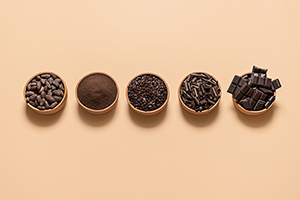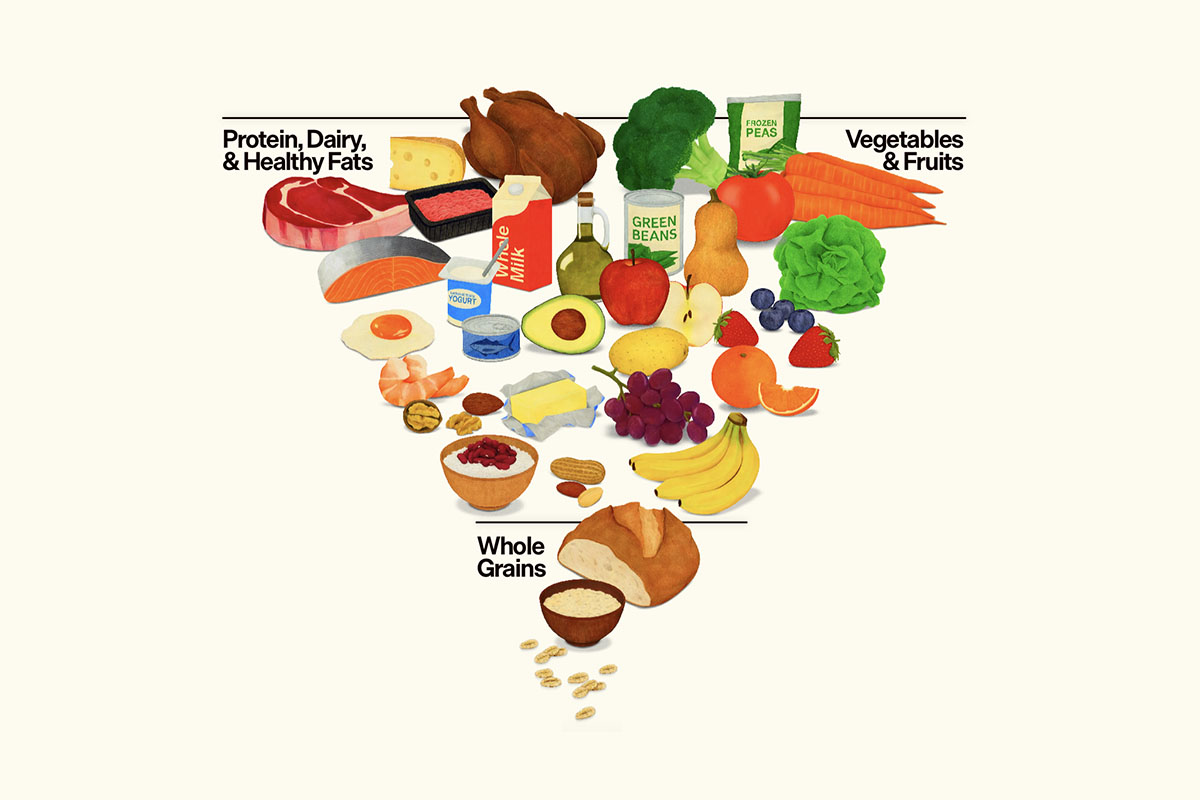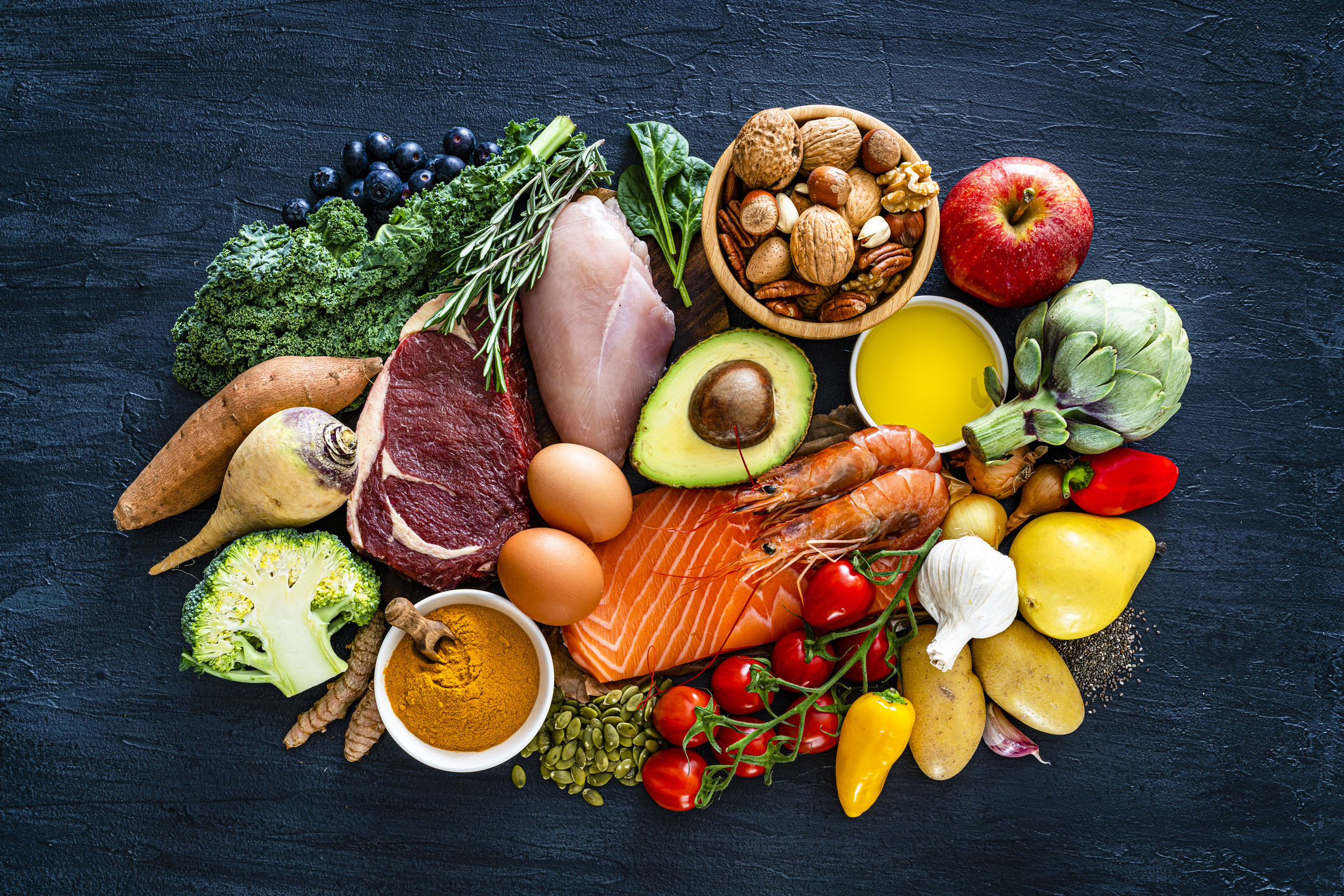Who knew that chocolate could be a powerful tool for restoring metabolic wellness and immunity? Cocoa is rich in antioxidant flavanols, a subcategory of polyphenols (see last week’s newsletter article).
Researchers tell us that regular intake of cocoa powder and/or dark chocolate can lower blood pressure, as well as improve the flexibility of arteries.
In rats bred to model human obesity and diabetes, feeding of a cocoa-rich (10%) diet for 9 weeks reduced blood sugar, increased insulin sensitivity, produced weight loss, and actually helped insulin-secreting cells in the pancreas to regenerate.
Since cardiovascular disease is an inflammatory condition in which arterial surfaces—the endothelium—are targeted, the antioxidant and free radical quenching effects of cocoa flavanols are particularly germane. Cocoa may protect LDL cholesterol from becoming oxidized which renders it more dangerous. There’s also ample evidence that cocoa promotes nitric oxide generation—which supports circulation by helping arteries to dilate. Finally, cocoa exerts an effect on platelets, rendering them less sticky and less prone to blood clots.
Cocoa consumption has even been shown to reduce cholesterol and triglycerides in animal and human studies, consistent with a body of research that underscores the benefits of abundant dietary plant polyphenols from fruits and vegetables on lipid profiles.
Based on the aforementioned, the authors of a recent review conclude: “In summary, there is evidence from in vitro assays, animal experiments and human intervention trials, which demonstrate that cacao flavanols have the potential to modulate several risk factors associated with the development of the metabolic syndrome.”
A 2015 study even proposed that “Drinking cocoa activates natural immunity and enhances vaccination-induced immune response, providing stronger protection against influenza virus infection and disease onset.”
Nevertheless, we have to be wary of over-ambitious claims about the health benefits of cocoa, because clearly some of the studies extolling its remarkable properties suffer from potential conflicts of interest due to sponsorship by the vast international cocoa industry; they’re endeavoring to promote candy as a health food!
When incorporating cocoa into your diet, seek out sources that don’t deliver a wallop of sugar that could subvert the good it can do for your insulin metabolism. Additionally, milk in chocolate interferes with the bioavailability of those valuable flavanols, much as adding milk to your tea vitiates the benefits of its catechins. Go for at least 70% dark chocolate, preferably 85% or 90% if you can accustom yourself to its relative bitterness.
According to a study commissioned by the Hershey Company, “the products with the highest level of flavanol antioxidants were cocoa powders, followed by unsweetened baking chocolate, dark chocolate and semi-sweet chips, then milk chocolate and finally chocolate syrup.”
Another problem arises from processing of raw cocoa with an ancient method called “dutching”. By treating natural cocoa with alkali, its bitter flavor is suppressed and it’s rendered more palatable. But this process may reduce its flavanol content by up to 20-fold! Most commercial chocolate is heavily dutched, so it makes sense to seek out products that minimize processing.
Examples of high-flavanol cocoa include
• Flavanaturals
• Cocoavia
• Wellness Bakeries
For those worried about carb calories, ChocZero makes a good-tasting sugar-free, keto-friendly chocolate sweetened with resistant dextrin, an indigestible prebiotic soluble fiber. Resistant dextrin is even associated with weight loss in some studies.
As with much in life, “The bud may have a bitter taste, But sweet will be the flower.” William Cowper (1731-1800)








